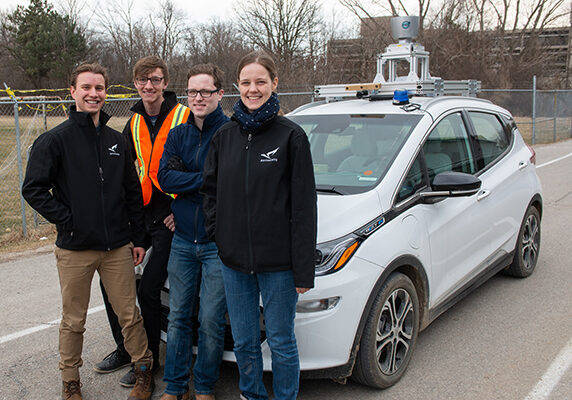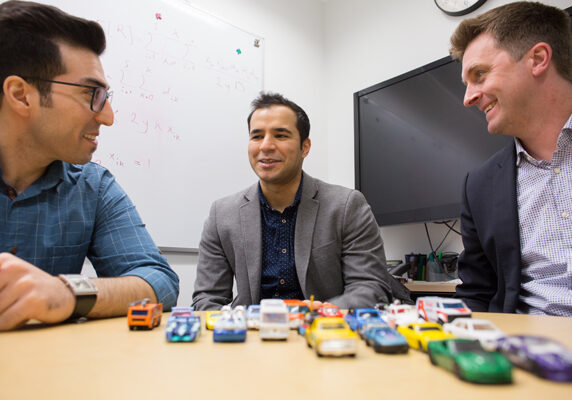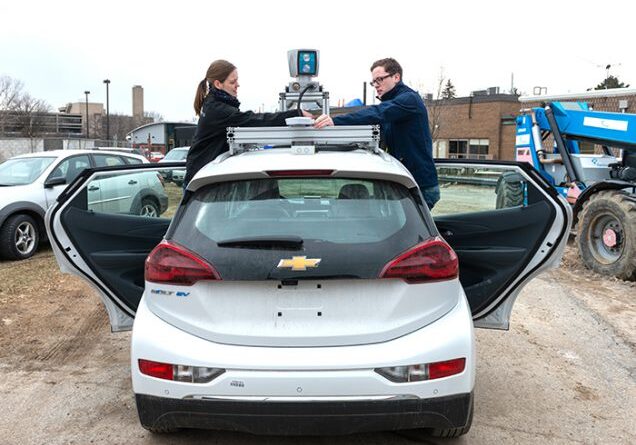
U of T Engineering launches Canada’s first engineering undergraduate program in Machine Intelligence
Students will begin courses in the new major in September 2018
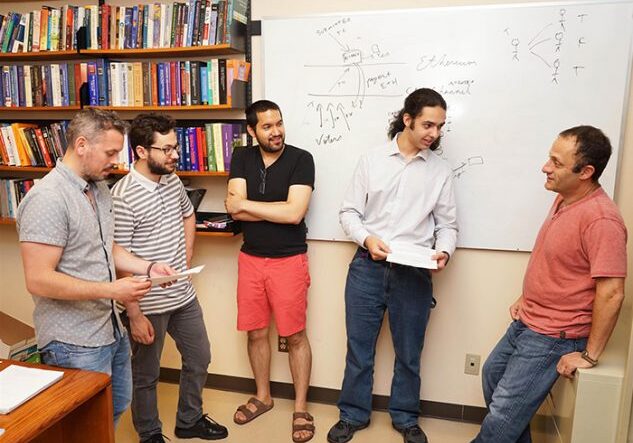
U of T Engineering blockchain project receives funding injection from Connaught Fund
Multidisciplinary team unites researchers to apply blockchain technology in fields from law to finance
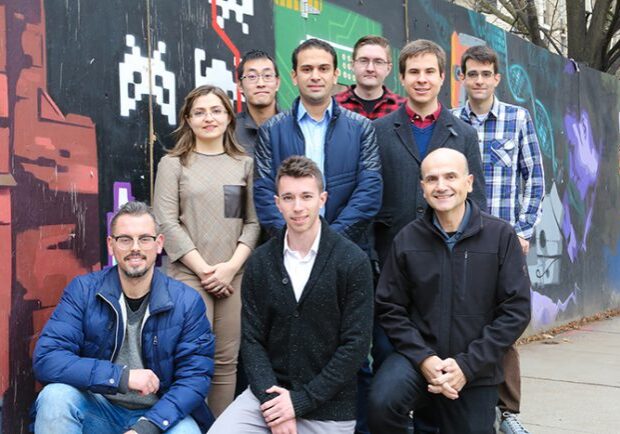
Building the computing engines that will power the machine learning revolution
New NSERC Strategic Partnership Network focuses on techniques to optimize hardware for artificial intelligence

Training artificial intelligence with artificial X-rays
New U of T Engineering research could help AI identify rare conditions in medical images by augmenting existing datasets

U of T Engineering AI researchers design ‘privacy filter’ for your photos that disables facial recognition systems
New algorithm protects users’ privacy by dynamically disrupting facial recognition tools designed to identify faces in photos

Going the distance with future-proof quantum cryptography
Professor Glenn Gulak and team show that error-correction decoding is no longer a computational bottleneck in long-distance Quantum Key Distribution
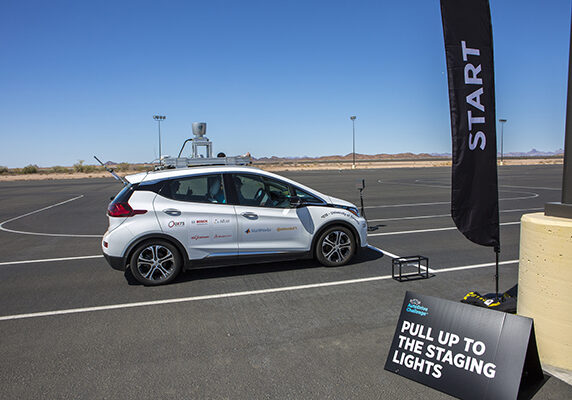
aUToronto team wins first AutoDrive Challenge
Three-year international competition challenged eight universities to turn an electric vehicle self-driving by 2020

